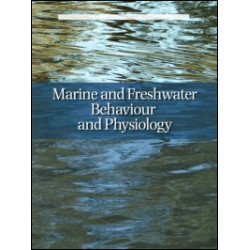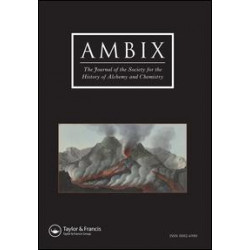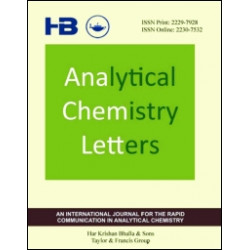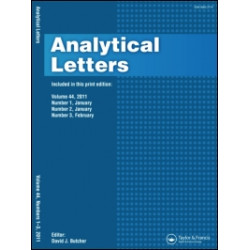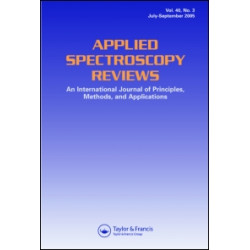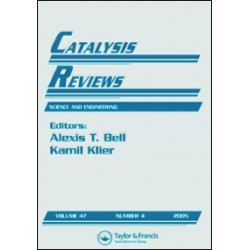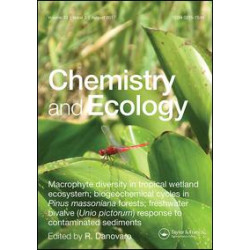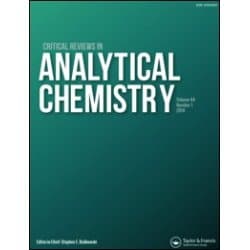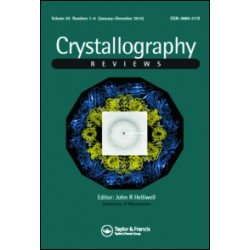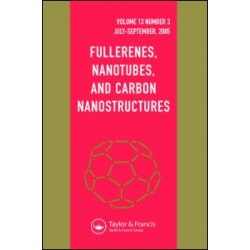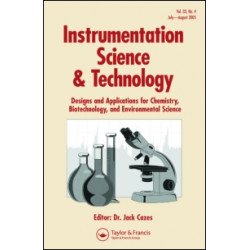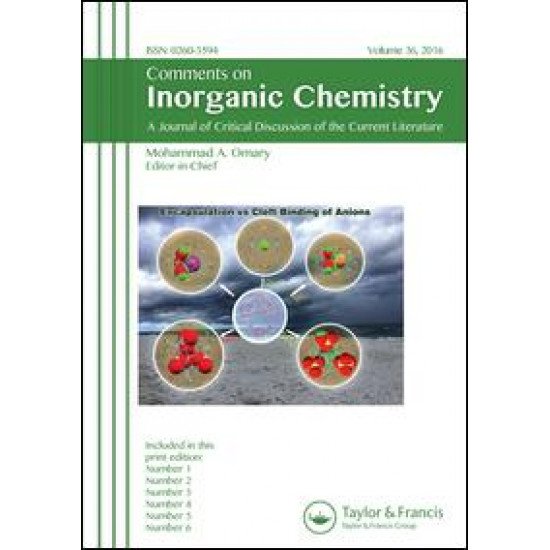
Comments on Inorganic Chemistry
Comments on Inorganic Chemistry is intended as a vehicle for authoritatively written critical discussions of inorganic chemistry research. We publish focused articles of any length that critique or comment upon new concepts, or which introduce new interpretations or developments of long-standing concepts. “Comments” may contain critical discussions of previously published work, or original research that critiques existing concepts or introduces novel concepts.
Through the medium of “comments,” the Editors encourage authors in any area of inorganic chemistry - synthesis, structure, spectroscopy, kinetics and mechanisms, theory - to write about their interests in a manner that is both personal and pedagogical. Comments is an excellent platform for younger inorganic chemists whose research is not yet widely known to describe their work, and add to the spectrum of Comments’ author profiles, which includes many well-established inorganic chemists.
Reviews of topics important to the advancement of inorganic chemistry are especially solicited - with the distinction from other review journals being that Comments publishes more focused reviews, opposed to more comprehensive reviews. Reviews may reflect upon an author’s recent work as an overview of their contributions in a given area, or upon a new research direction they intend to navigate in the next stage of their career.
From time to time, special issues may be dedicated to a topical conference/symposium, or a particular contemporary research topic or class of materials that has attracted recent attention by inorganic chemists. While most contributions are solicited by the editors, potential authors are encouraged to write the Editors, or a Member of the Editorial Advisory Board, with their interest in contributing an article.
Peer Review Policy
Through the medium of “comments,” the Editors encourage authors in any area of inorganic chemistry - synthesis, structure, spectroscopy, kinetics and mechanisms, theory - to write about their interests in a manner that is both personal and pedagogical. Comments is an excellent platform for younger inorganic chemists whose research is not yet widely known to describe their work, and add to the spectrum of Comments’ author profiles, which includes many well-established inorganic chemists.
Reviews of topics important to the advancement of inorganic chemistry are especially solicited - with the distinction from other review journals being that Comments publishes more focused reviews, opposed to more comprehensive reviews. Reviews may reflect upon an author’s recent work as an overview of their contributions in a given area, or upon a new research direction they intend to navigate in the next stage of their career.
From time to time, special issues may be dedicated to a topical conference/symposium, or a particular contemporary research topic or class of materials that has attracted recent attention by inorganic chemists. While most contributions are solicited by the editors, potential authors are encouraged to write the Editors, or a Member of the Editorial Advisory Board, with their interest in contributing an article.
Peer Review Policy
All submitted manuscripts are subject to initial appraisal by the Editor, and if found suitable for further consideration, will be peer-reviewed by independent and anonymous expert referees. All peer review is single blind and submission is online via ScholarOne Manuscripts.
Publishing Ethics Statement
The Journal adheres to the highest standards of publishing ethics, with rigorous processes in place to ensure this is achieved. Taylor & Francis is a member of Committee of Publication Ethics (COPE) and utilizes Similarity Check via CrossRef for all journals. More information on our ethical standards and policies can be found here: http://authorservices.taylorandfrancis.com/ethics-for-authors/.
The Journal has an appeals and complaints policy which can be viewed here: https://authorservices.taylorandfrancis.com/peer-review-appeals-and-complaints-from-authors/.
The Journal adheres to the highest standards of publishing ethics, with rigorous processes in place to ensure this is achieved. Taylor & Francis is a member of Committee of Publication Ethics (COPE) and utilizes Similarity Check via CrossRef for all journals. More information on our ethical standards and policies can be found here: http://authorservices.taylorandfrancis.com/ethics-for-authors/.
The Journal has an appeals and complaints policy which can be viewed here: https://authorservices.taylorandfrancis.com/peer-review-appeals-and-complaints-from-authors/.
Publication office: Taylor & Francis Group, 530 Walnut Street, Suite 850, Philadelphia, PA 19106
₹171,242.11






